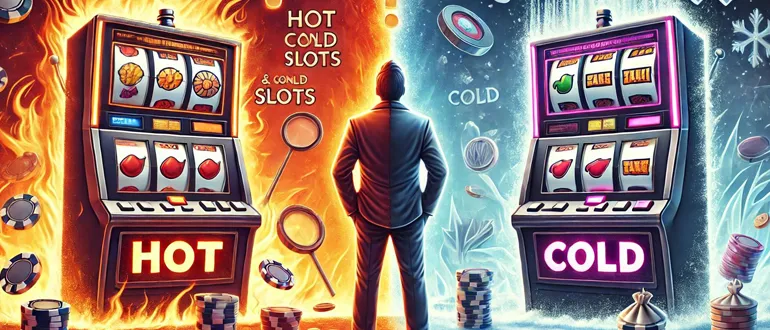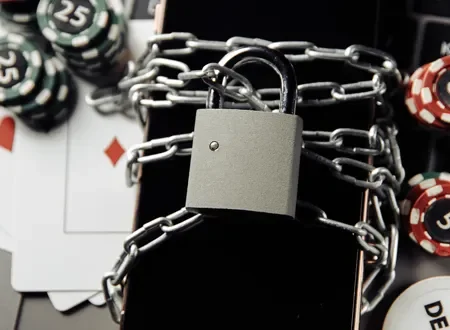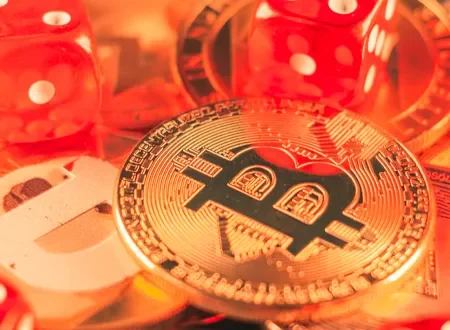
The world of gambling is full of myths and superstitions, especially when it comes to slot machines. One of the most enduring beliefs is the idea of “hot” and “cold” slots—the notion that some machines are “due” for a payout while others are “drained” of wins. But is there any truth to this theory? In this article, we’ll examine what “hot” and “cold” slots really mean, debunk common misconceptions, and explore what probability science says about winning.
What Are “Hot” and “Cold” Slots?
“Hot” slots are believed to be machines that are ready to pay out big or frequently award prizes in a short time. Players assume that if a slot has been paying out consistently, it must be “hot.”
“Cold” slots, on the other hand, are thought to be machines that haven’t paid out in a while or rarely award wins. Many players avoid these, convinced they’re “not ready” to hit.
Common Myths About “Hot” and “Cold” Slots
Several misconceptions surround this concept. Here are the most widespread ones.
Slots Have “Win Cycles”
Many players believe slots go through cycles, alternating between “cold” and “hot” phases. They assume a long losing streak must eventually lead to a winning one.
The Truth: Slots operate using a Random Number Generator (RNG), ensuring every spin is independent. There are no cycles—each outcome is purely random.
You Can Predict When a Slot Will Turn “Hot”
Some claim that by observing a slot’s behavior, they can predict when it will start paying out. Players sometimes track machines that haven’t hit recently, assuming they’re “due” for a win.
The Truth: Wins are impossible to predict. The RNG guarantees randomness, meaning past spins have no effect on future results.
Casinos Can Switch Slots Between “Hot” and “Cold”
Another myth suggests casinos manipulate slots to control payouts—making them “hot” to attract players or “cold” to boost profits.
The Truth: Licensed casinos are strictly regulated, and slots undergo fairness audits. The RNG cannot be tampered with—every spin is truly random.
What Do Experts Say?
Game developers and mathematicians confirm that slots operate independently. The RNG is a sophisticated algorithm generating random outcomes for each spin. When you press “Spin,” the result is instantaneous and unaffected by previous or future games.
How RNG Works
The Random Number Generator produces millions of numbers per second, each corresponding to a unique reel combination. The moment you spin, the RNG selects a number that determines the symbols displayed—making every result entirely unpredictable.
Why Do Players Believe in “Hot” and “Cold” Slots?
This myth persists due to cognitive biases and our tendency to seek patterns in randomness. Key reasons include:
- Illusion of Control: Players like feeling they can influence outcomes. Believing in “hot” slots gives a false sense of control.
- Pattern-Seeking (Apophenia): Humans naturally look for meaning in chaos, inventing trends where none exist.
- Emotional Perception: Winning streaks make a machine seem “hot,” while losses make it feel “cold”—even though both are random.
How to Play Slots Wisely
A slot’s Return to Player (RTP) percentage and volatility are real indicators of its behavior. RTP shows long-term payout averages, while volatility determines win frequency and size.
Many online casinos offer promotions like deposit matches or free spins, extending playtime without extra risk.
Slots are games of chance—every spin is random. Enjoy the experience without stressing over nonexistent patterns. Gambling should entertain, not frustrate.
Final Thoughts
The myth of “hot” and “cold” slots is a persistent part of gambling culture. In reality, each spin is an independent event governed by RNG technology. Instead of relying on superstitions, focus on understanding game mechanics, managing your bankroll, and playing responsibly. Slots are designed for entertainment—embrace the randomness and have fun!












